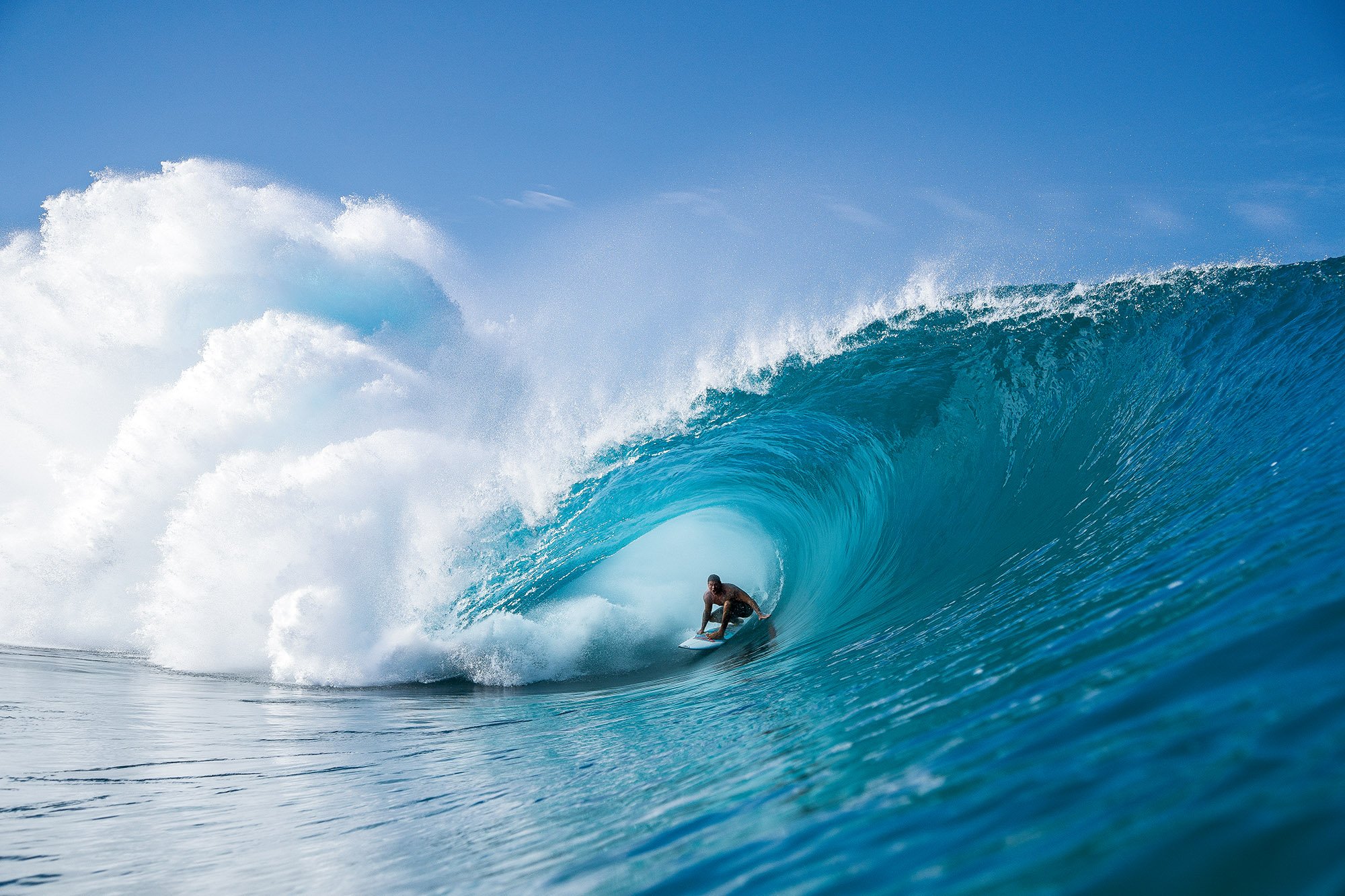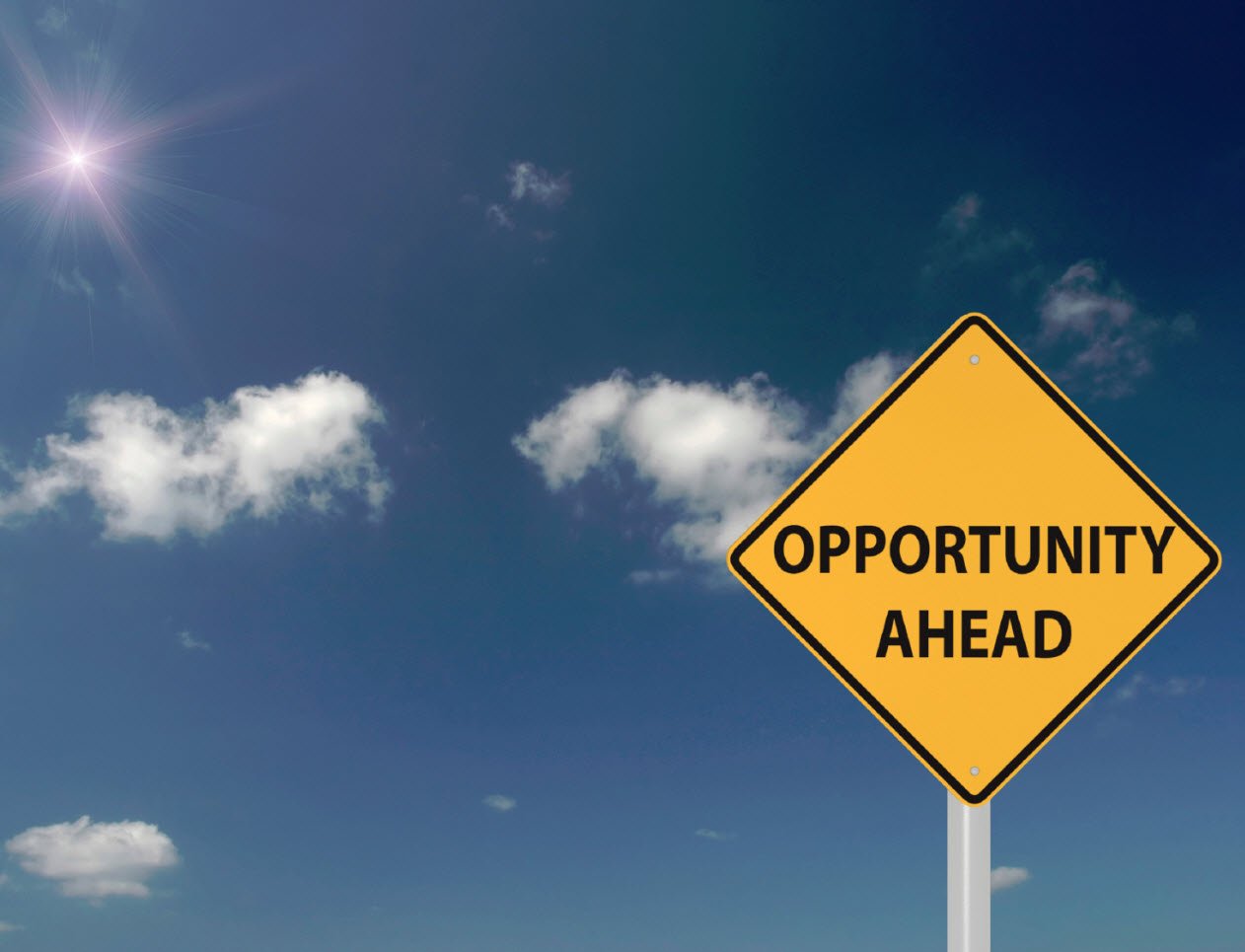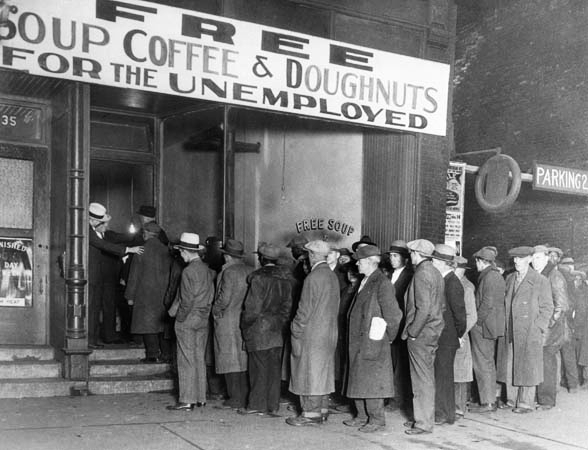Forget education - LEARN TO SURF!
Given the choice of going to school or surfing, if you live near the ocean it is a pretty easy one to make. But has anyone ever told you that surfing is really the best education you can have?

I learned this in my teenage years. My buddies and I would routinely jump in the back of my mate Alan's VW microbus (or "KombiVan" as they would call it in Australia), and head down to the coast to spend days riding the waves. Some days it was flat and we'd just hang out at the beach. Other days it was epic. Great swell, great times.
I never realized that lying on top of a surfboard out there in the ocean, looking out to the horizon for the next set of waves to appear, was the best education in life I could ever get. Why? Because when you realize that you can't battle nature, and have to learn from it, and learn to work WITH it, you start to really learn. You see, out there in the ocean there are no professors and no degrees. There is just you, the sun, your board, nature and time. Maybe a few sharks, if you don't have luck on your side.
The one thing I learned from surfing is that it is all about timing. You can't catch a wave after it has passed you by. You can't catch a wave if it is upon you and you didn't see it coming. You have to see it looming on the horizon, get into position and paddle well before it gets to you. If you made a good call, you would be in the right place at the right time and the wave will pick you up and propel you on the ride of a lifetime. While you are on that ride, it is up to you how you handle yourself on it, but if you never got picked up, then the opportunity sweeps you by.

You see, waves are always there. Some days they are small and other days they are big. But unless you are willing to go out and get wet, you can't enjoy the surf. You can't experience surf from the beach - watching it doesn't give you the experience. You can't enjoy it on TV. You have to be in the ocean. In the water. In the thick of things.
You won't often know of the opportunity until you are out there either. I mean what looks good from the shore doesn't necessarily look good in the water. There are cycles of waves and they come in sets. You learn this. You learn to try and predict the sets. You learn to position yourself in front of the sets so that the wave picks you up. You can't battle against it. You can't fight it. You can't yell at it and tell it what to do. It is pure nature and success comes simply from your willingness to submit to it, and your ability to learn from its behavior.
Business is no different. If your future is in front of you, how are you going to handle yourself? Will you let a professor who probably hasn't achieved success in their life yet tell you how to surf? Or do you have the willingness and passion to go out there and get wet? You can't learn to stand up on a board from the shore. You have no idea about balance until you are out there, and you WILL fall down. Over and over again. Eventually you will get it. But until you've been wiped out many times, you won't. It is all theory. Only practice matters here.
Making money is no different. The wealthiest people in the world are not the best educated. They are the ones that were willing to get wet, learned early about wipe-outs, fell off, got back up, fell off, got back up. Eventually they learned that they can't battle nature. They learned that the secret was to see the opportunity on the horizon before everyone else and to be in the best position to catch it and prosper.

If you are stuck at a crossroads - looking down the barrel at 4 or more years of college, and 10+ years of student loan debt, and something doesn't feel right, you probably should trust your gut. When you leave the artificial bubble of university and step out into the real world in whatever endeavor you think you want to spend your life doing, will you be happy? Will you trade the artificial environment of academia for the artificial environment of a corporate job? When you just have traded benefactors.
What really is going on here? Do you realize that although your mission is to expand your mind, your social skills, your ability to learn, etc. how does that translate into capitalism? Because when you leave the artificial bubble of university, you will be smacked around the head immediately with the realization of the real world and what it takes to survive and thrive in that world is likely to be completely different to what it took to survive in the college world. The thing is that after a couple of years of transition into the real world, many college graduates may feel regretful of their decisions earlier. Sure, many need college - those that want a hard degree in medicine, law, accounting, engineering, etc. need the tertiary education necessary to learn the deep skills of those disciplines. But those that are not embarking on a hard degree, may find resentment in the decision to just get an education.
The college degree phobia is an American thing. Most other countries don't care so much about it. Sure, you want to earn money. But most other countries are not as transfixed on money as the #1 focus of life. They have a more holistic approach and their life expectencies often reflect that. A lower stress level, a more spiritual world, more family focus, etc. means often longer life, wisdom and more real world skills. Consider the old man in an Italian villa. The stories he has to tell you. Consider the life of freedom that a surfer in Peru might have. What exactly are you working for? Are you working for security? Are you in the most secure place? Are you secure in your mind as to what skills you have and need to master the world? How can you really answer these questions until you have roamed into the world and sampled from its shores?
We all need education. But we all don't need student loan debt enslavement. Consider that most wealthy business owners are not highly educated college graduates. Sure, those that play the system on Wall Street might, but those that invented something and made millions selling it, probably didn't. Who is better educated and offers something better to society? You have to be the judge of that. But don't artificially judge someone less because they didn't go to or finish college. They just have a different life approach than you do, and difference is what makes the world an interesting place.
Education doesn't stop when you graduate college. It is now the beginning. But before you sign on the dotted line for a college degree, financed by you selling your future, realize that until you know what your future will be, and what you value it to be, this could be a deal with the devil (banksters) and you will be paying for 10+ years to settle that debt. And if you graduate from that degree with the belief that you are prepared to walk into the real world to begin to earn income, you might just find you are poorly prepared for that, and you paid dearly for bad guidance. Are you professors wealthy? Are they happy with their lives? If they are not in either of these cases, why are you listening to them tell you how to become the same?





